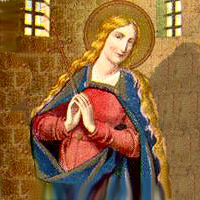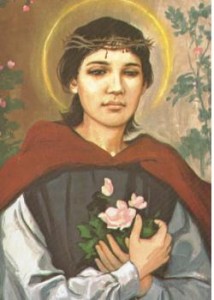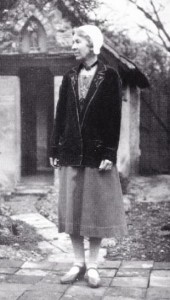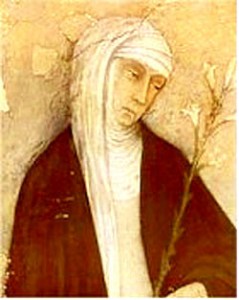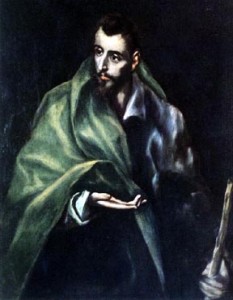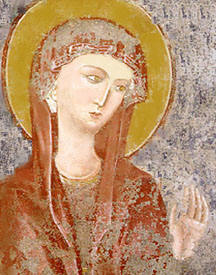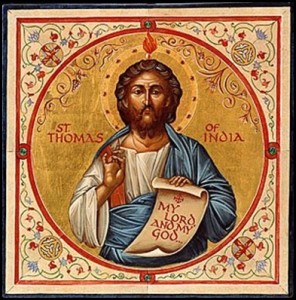In the final battle of the First Round, Paul takes on Theodore in the epic Battle of Tarsus (you get extra Lent Madness points if you can find Tarsus on a map). The winner will do battle with Brigid of Kildare in the subsequent round.
Yesterday, in a hotly contested scrum between Margaret of Scotland and William Temple, Margaret ultimately emerged victorious 52% to 48% in heavy voting and commenting (119). Overall, it was a full day of Lent Madness news as the Supreme Executive Committee announced that they are threatening a lawsuit against some basketball tournament that uses "Madness" in the name. This led to an ensuing "controversy" over which virgin the state of Virginia was named after. Fortunately, this was all put into perspective on our Facebook fan page once a picture was posted of our two favorite voters, eight-year-0ld twins Hope and Skye of Burke, Virginia. Yes, that Virginia.
The Round of the Saintly Sixteen kicks off tomorrow with a fascinating match-up between two powerful and popular women, Joan of Arc and Mary Magdalene. Tickets are currently being scalped at astronomical prices.
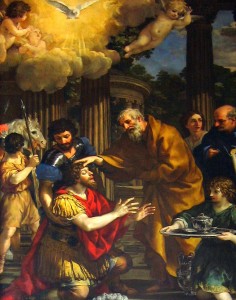 Paul of Tarsus (5-67), the most influential Christian convert of the Early Church, is best known for his zeal in spreading Christianity and for writing more New Testament books than anyone else. His conversion story, from persecutor to disciple, involves an appearance of Christ so real that Paul insisted on calling himself an Apostle even though he had never met Jesus during Christ’s lifetime.
Paul of Tarsus (5-67), the most influential Christian convert of the Early Church, is best known for his zeal in spreading Christianity and for writing more New Testament books than anyone else. His conversion story, from persecutor to disciple, involves an appearance of Christ so real that Paul insisted on calling himself an Apostle even though he had never met Jesus during Christ’s lifetime.
Paul was raised a pious Jew. His zeal for the Jewish faith is detailed in the Book of Acts where Paul condoned the stoning of Stephen, Christianity’s first martyr. Paul was then famously converted on the road to Damascus when he was blinded, knocked off his horse, and addressed by the voice of Christ. Following this conversion his name was changed from Saul to Paul. He then set out on full-time missionary activities, helping spread the Gospel to early Christian communities throughout the Mediterranean.

